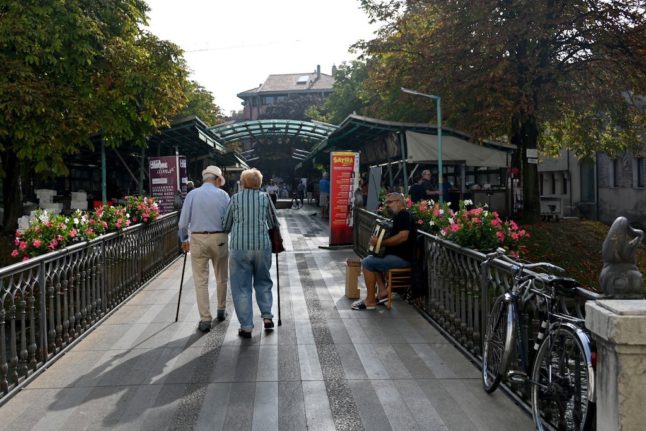With its sunny climate, slow pace of life and Mediterranean diet, Italy is a top choice for retirees looking for the ideal base for their sunset years.
If you want to make the move, though, you’ll need an annual income of at least €31,000 – in addition to buying a property or signing a long-term rental contract and putting plenty of time and effort into your application.
Italy’s elective residency visa, or ERV, isn’t technically a retirement visa – people of any age can apply – but because you can’t work on it, it’s mostly retirees who take advantage of the scheme.
The minimum ‘passive income’ requirement is €31,000 per person per year or €38,000 for married couples, plus five percent per dependent minor. Some Italian consulates, however, require as much as three or four times this amount.
And having plenty of savings stashed away doesn’t count: it must be in the form of a regular income stream such as a pension, annuity, or rent.
READ ALSO: Five expert tips for getting your Italian elective residency visa approved
You’ll also need to write a convincing cover letter explaining to the consular official why you’re committed to making Italy your new home.
Once you’ve done all this and finally received your visa, though, you’re on the home straight.
Although it’s only valid for one year in the first instance, you can renew your ERV on a regular basis until you secure permanent residency – living out the rest of your years in Mediterranean bliss.
We have a detailed guide to the process here, as well as specific advice for UK applicants.
See more in The Local’s Italian visa section.




 Please whitelist us to continue reading.
Please whitelist us to continue reading.
Many of the consulates are now requesting €31,000 per person even as a couple.